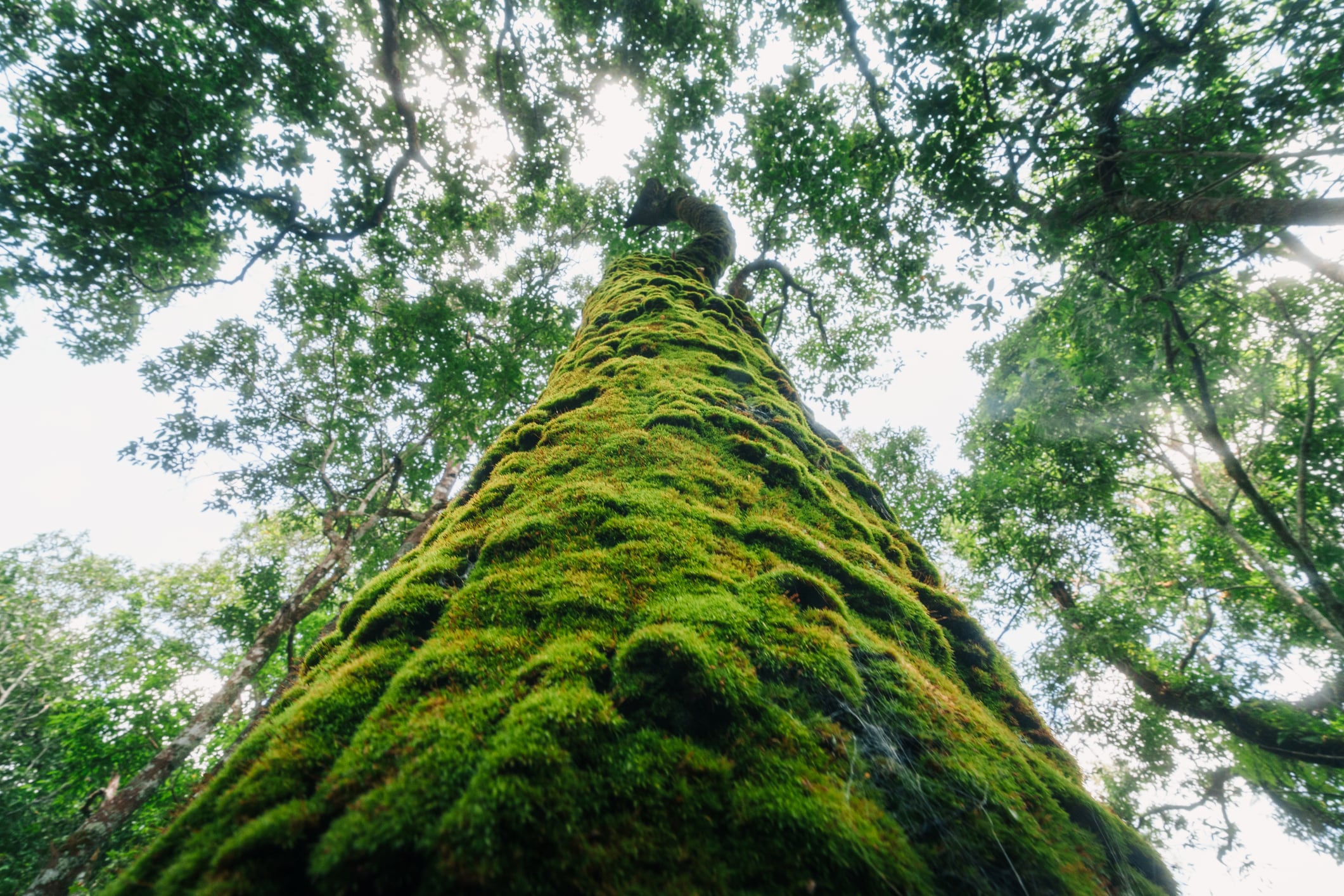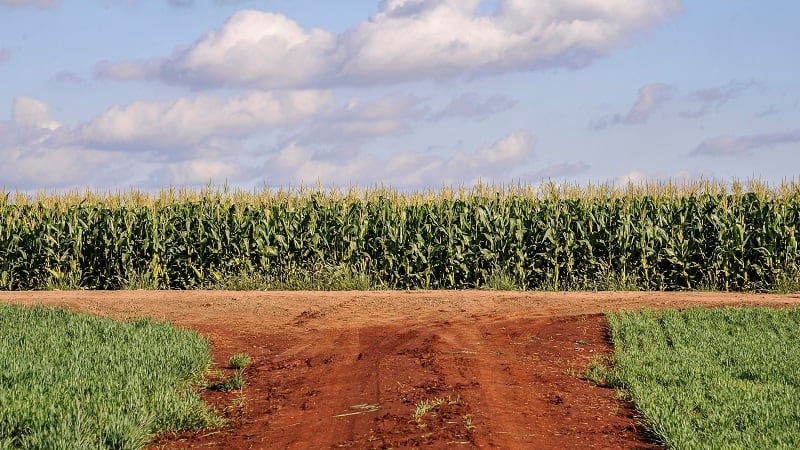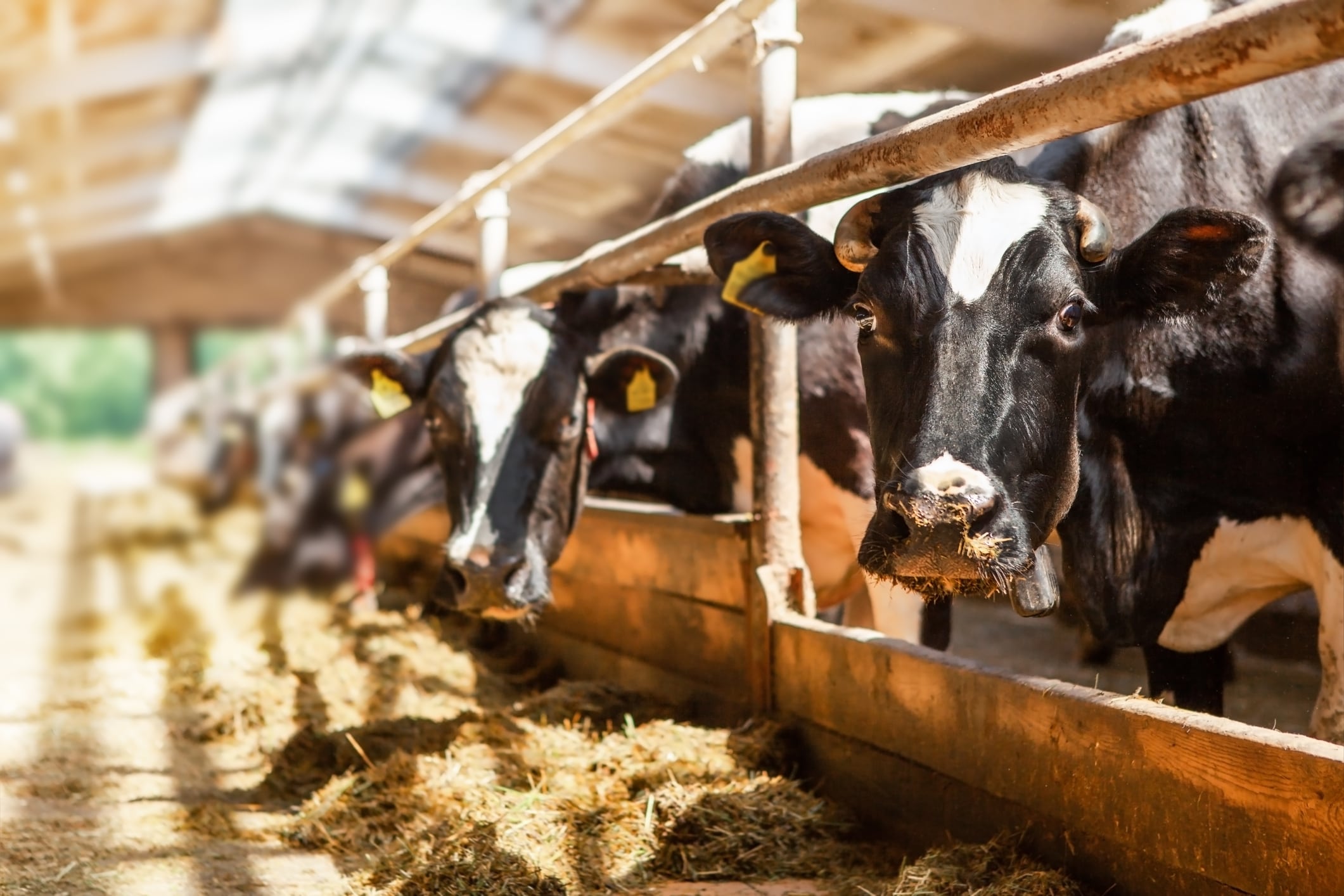Speaking to AgTechNavigator, Devdut Dalal, said the shifting landscape was ultimately a catalyst for change.
“Around six months ago, I think there was a big question mark about all the good things in the world – the environment, diversity, inclusion – all of that was thrown up in the air."
“I believed – and I’ve been proven right – that when governments say it’s not going to do something, individual citizens and corporations realise they cannot absolve themselves of that moral hazard. If somebody else is going to solve your problem, what’s the incentive for you to do it? Now, they know it’s on themselves to take action.”
The co-founder of Mitti Labs added that the shift has been visible especially across the US and Europe, where many corporates have reaffirmed their commitment to climate goals. This has helped to bolster the carbon market.
“Governments are temporary. Policies change, but the impacts of climate change are felt every day, across every industry, particularly in supply chains. That’s why the carbon market is actually picking up pretty well,” said Dalal.
The market is picking up strongly with hotspots in Singapore, Japan, the US and Europe, and emerging signs of growth in the Middle East, he said.
“To make large scale change happen, I think the carbon markets are a very powerful tool… As much as corporates and individuals would like to mitigate or reduce their own emissions, there is always a residual set of emissions that is just not possible for them to do, or they would have to fundamentally change their business model. And as a result, there’s always a demand for offsetting that sort of residual emission.”
Mitti Labs x The Nature Conservancy
Mitti Labs is a startup aiming to reduce methane emissions from rice farming co-founded by Dalal, Xavier Laguarta, and Nate Torbick.
Since 2023, has worked with tens of thousands of farmers across India to reduce their impact from conventional rice farming practices such as the continuous flooding of paddies and burning stubble.
In August, Mitti Labs announced it was supporting The Nature Conservancy’s (TNC) Promoting Regenerative and No-Burn Agriculture (PRANA) programme.
The PRANA mission aims to help Punjab farmers adopt regenerative practices like Alternate Wetting and Drying (AWD), Direct Seeded Rice (DSR), and no-burn residue management to cut emissions, restore soil, and improve air quality.
Mitti Labs will work with TNC as the PRANA project expands beyond crop residue management to tackle challenges like water scarcity, declining soil fertility, and greenhouse gas emissions (GHGs).
TNC will use Mitti Labs’s digital measurement, reporting, and verification (dMRV) technology, which is backed by NASA to monitor GHG from rice farming. In just 24 months, it expanded its monitoring to 10 million hectares.
More projects underway
This project with TNC is one of the bigger partnerships for Mitti Labs to date and the firm is set to announce more projects that are “bigger in scale, deeper in science”, said Dalal.
Mitti Labs’ has monitored 10 million hectares of land in a span of 24 months. In July, it secured $850,000 in NASA funding to continue its work in India.
“We’re expanding within rice as a crop because we find it to be super impactful… We ant to operate more of our own programmes, like the ones we are doing in South India,” said Dalal.
“We’ve been working on this for almost six seasons. What began as small pilots have evolved into highly accurate models and large-scale programmes. Our intention is to continue scaling. While we are a for-profit company, that is not our guiding force – the mission is far more critical.”
Additionally, the firm is also laying the groundwork for future expansion in other major rice growing regions.
“We don’t just want to expand within India, we are also looking beyond it to Vietnam, Cambodia, Indonesia, Philippines – all the regions that have high percentage of rice being grown and face the same situation as farmers in India such as water problems et cetera,” said Dalal.





